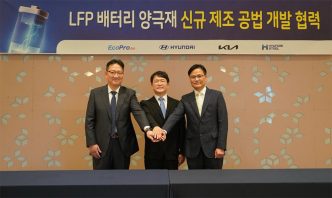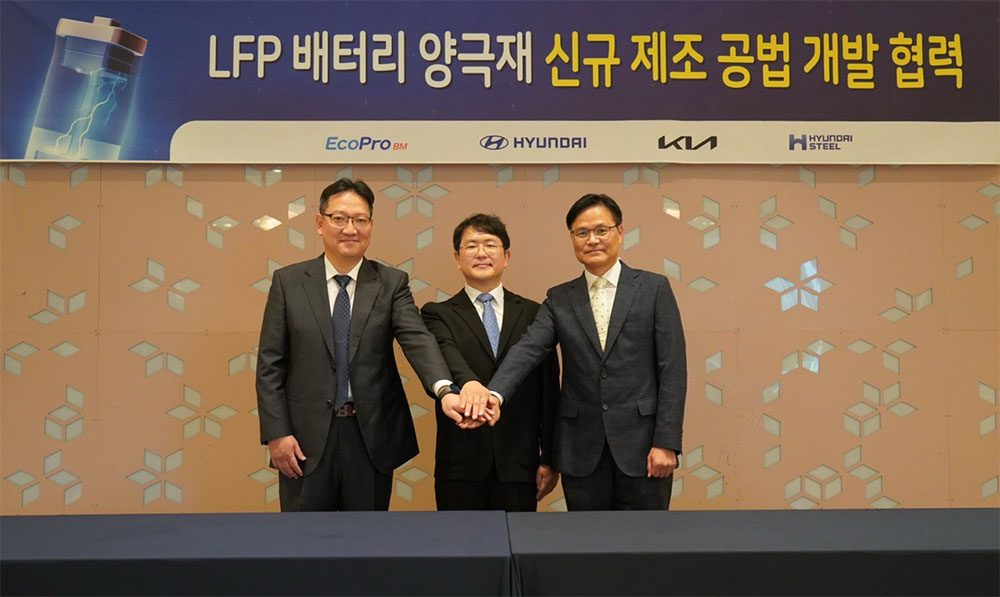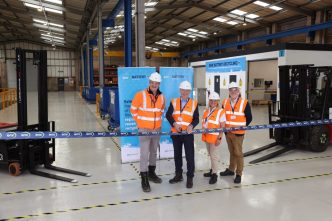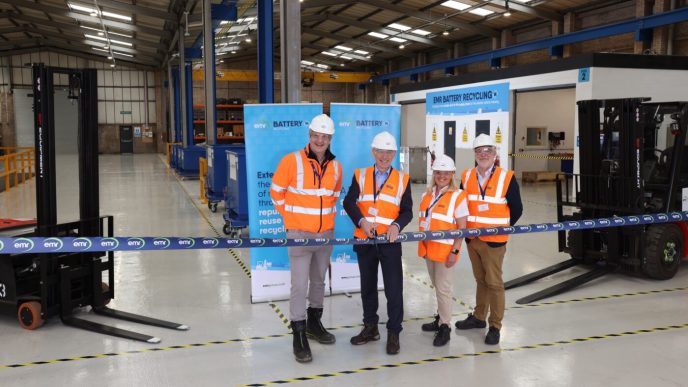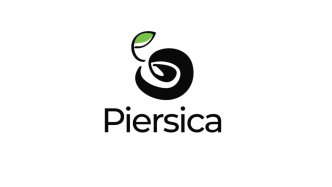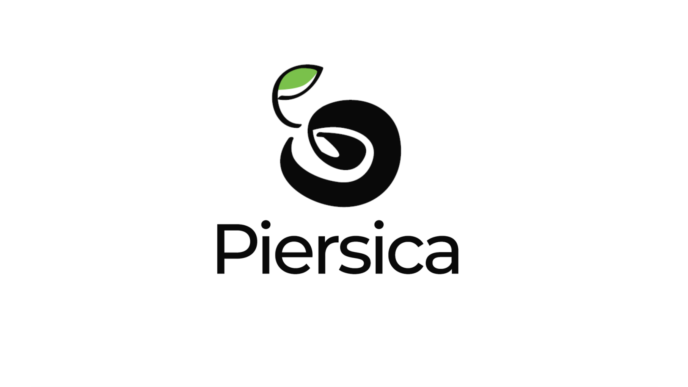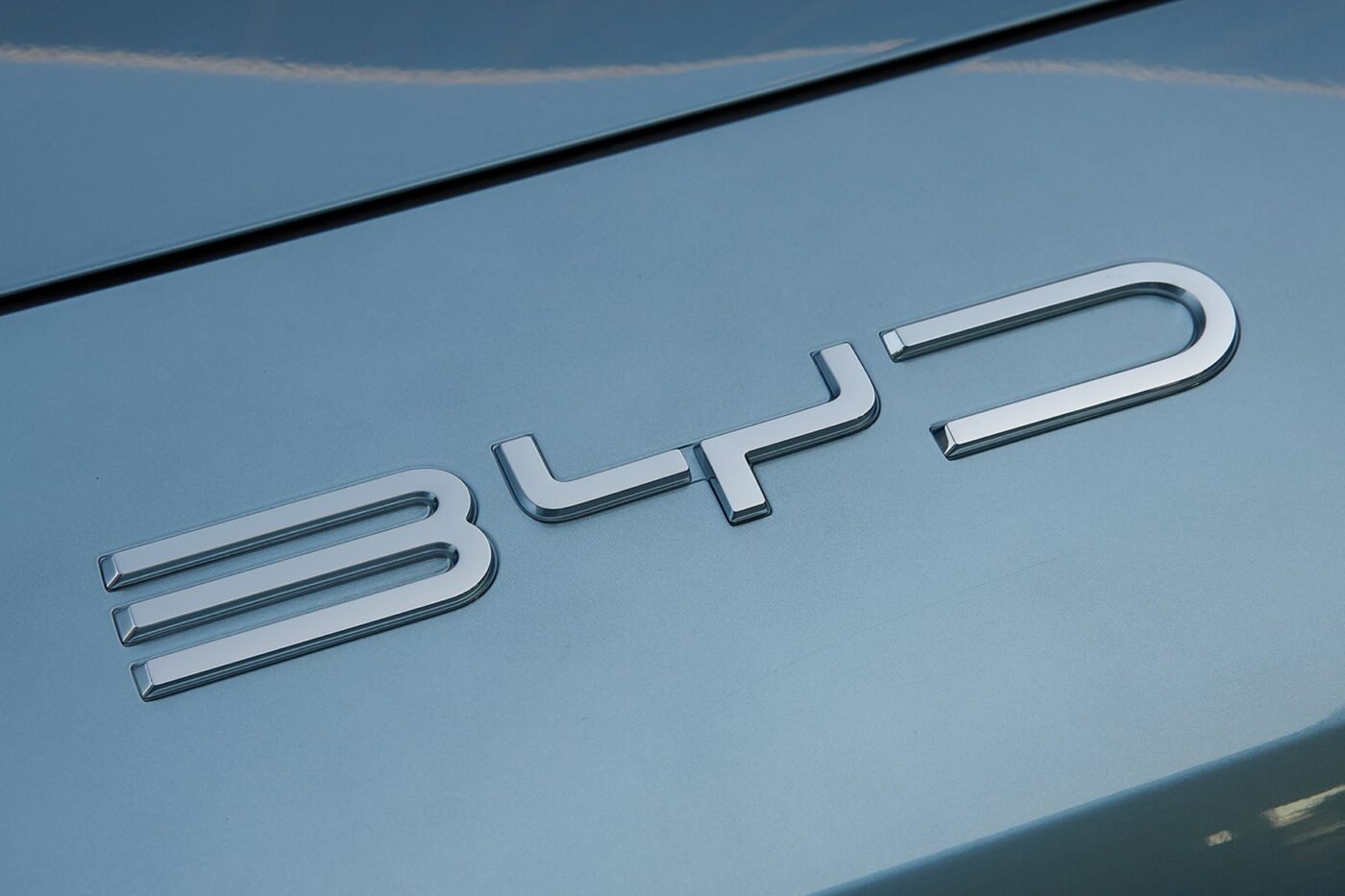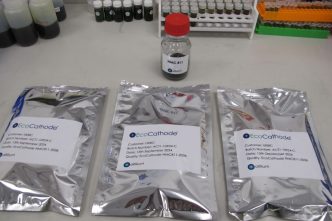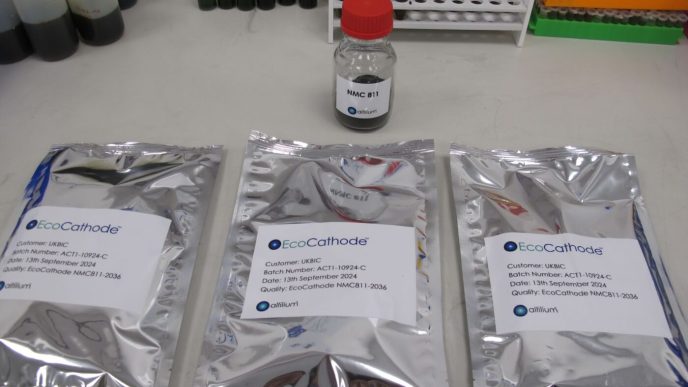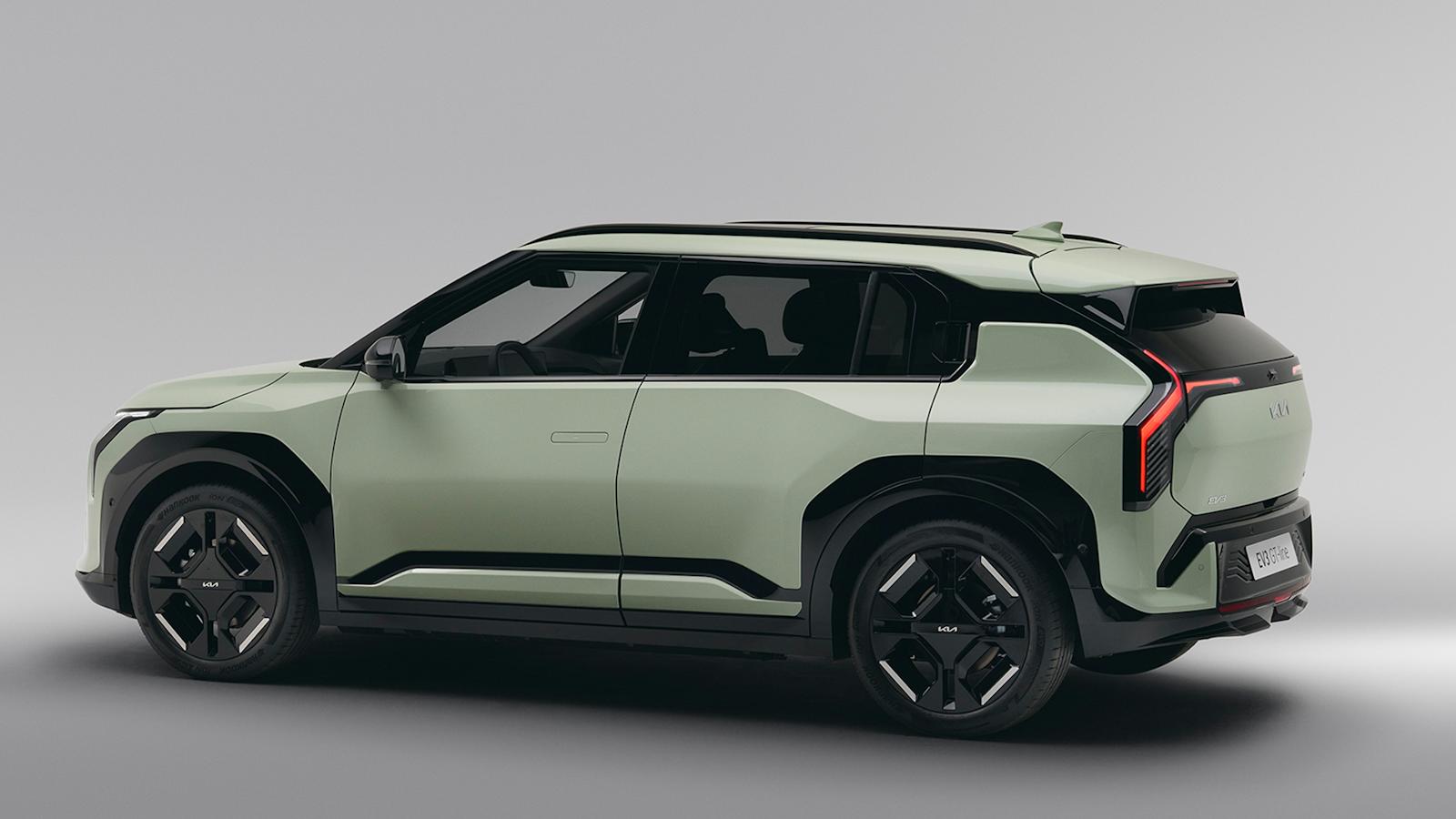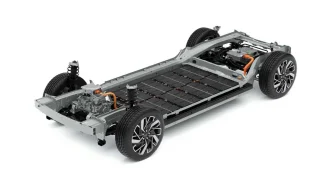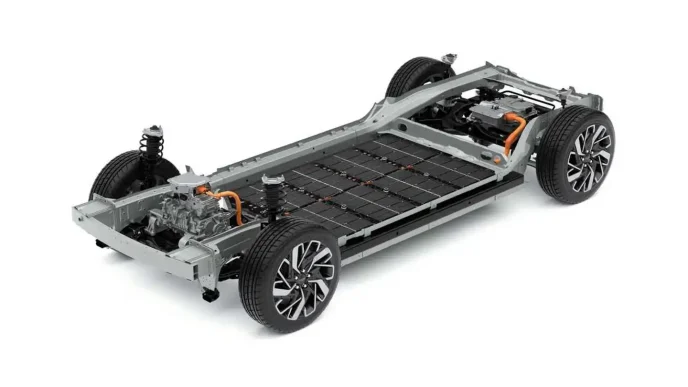Hyundai Motor and Kia have initiated a four-year project in South Korea to develop cathode materials for lithium iron phosphate (LFP) batteries. This effort is part of the automakers’ strategy to improve electric vehicle (EV) battery safety, performance, and cost efficiency. The project, undertaken in collaboration with Hyundai Steel and EcoPro BM, seeks to advance the production of LFP battery materials through a direct synthesis process aimed at reducing emissions and production costs.
LFP battery cathodes are typically made by adding lithium to precursor materials such as phosphate and iron sulfate. However, Hyundai’s approach involves directly synthesizing the cathode material by combining phosphate, iron powder, and lithium without a precursor step. This method is expected to lower hazardous emissions and manufacturing costs. Hyundai Steel will play a critical role by developing high-purity iron powder from recycled domestic iron, which EcoPro BM will use to produce the LFP cathode material.
Shift in Battery Technology and Global Supply Chain Dynamics
The move to develop LFP battery technology comes as the global battery landscape evolves. LFP batteries gained attention when BYD introduced its “blade” LFP batteries in 2020, positioning them as safer and more cost-effective alternatives to other chemistries. Geopolitical tensions, particularly between the U.S. and China, have also driven automakers to seek non-Chinese supply chains for battery components.
Last year, Hyundai announced plans to develop its own LFP battery cells, while earlier this year, both Hyundai and Kia committed to using LFP batteries for their electric vehicles in India. This latest project aligns with these efforts, as the automakers look to strengthen their technological capabilities in battery production.
Aiming for Domestic Technological Advancements
The project is part of a broader effort to internalize key battery technologies and reduce import reliance. According to Soonjoon Jung, Vice President and Head of the Electrification and Driving Materials Development Group at Hyundai and Kia, the initiative aims to “reduce import reliance and enhance the technological competitiveness of the country and Hyundai Motor Group.”
South Korea, home to some of the world’s largest electric vehicle battery manufacturers, offers a favorable industrial environment for these developments. Hyundai and Kia hope to position themselves as leaders in the production of LFP batteries outside of China, focusing on rapid technological advancements and securing a more resilient supply chain.

